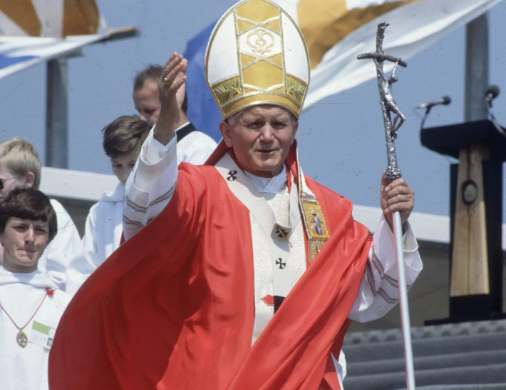The Leadership of Pope John Paul II
Pope John Paul II, who reigned from 1978 to 2005, was a transformative leader not only within the Catholic Church but also on the global stage. His unique approach to leadership, characterized by compassion, resilience, and a commitment to social justice, continues to inspire many. This article explores the key aspects of his leadership style and its lasting impact on the world.
A Global Ambassador for Peace
Pope John Paul II made it his mission to promote peace and reconciliation across the globe. He traveled to over 100 countries during his papacy, using his platform to advocate for non-violence and understanding among different cultures and religions. One of his most notable moments was his visit to Poland, where he played a crucial role in supporting the Solidarity movement, helping to topple oppressive regimes. His efforts earned him a reputation as a champion of human rights, and he cultivated a sense of hope during a time when it was desperately needed.
Spiritual Shepherd and Humanitarian
Pope John Paul II understood the importance of connecting with people on a personal level. He was a spiritual shepherd who actively engaged with the faithful, often addressing their concerns and struggles. His teachings emphasized the value of human life and dignity, inspiring social programs and initiatives aimed at combating poverty and injustice. Notably, he established World Youth Day, fostering a sense of community and faith among young people worldwide. His ability to relate to individuals made him an effective leader who could mobilize collective action toward social change.
Embracing Dialogue and Interfaith Relations
In an increasingly fragmented world, Pope John Paul II recognized the importance of dialogue and collaboration between different faiths. He was a pioneer in promoting interfaith relationships, famously meeting with leaders from various religious traditions. His visit to the Great Synagogue in Rome and his historic meeting with the Dalai Lama highlighted his commitment to understanding and respecting diversity. By encouraging dialogue, he helped to build bridges among communities, fostering a sense of unity and acceptance in a divided world.
In conclusion, Pope John Paul II‘s leadership was marked by a profound understanding of the human condition, a commitment to peace, and a passion for humanitarian efforts. His legacy continues to motivate individuals to work towards a more just and compassionate world. To learn more about his inspiring life and teachings, consider exploring books, documentaries, or attending discussions that reflect on his enduring impact.

